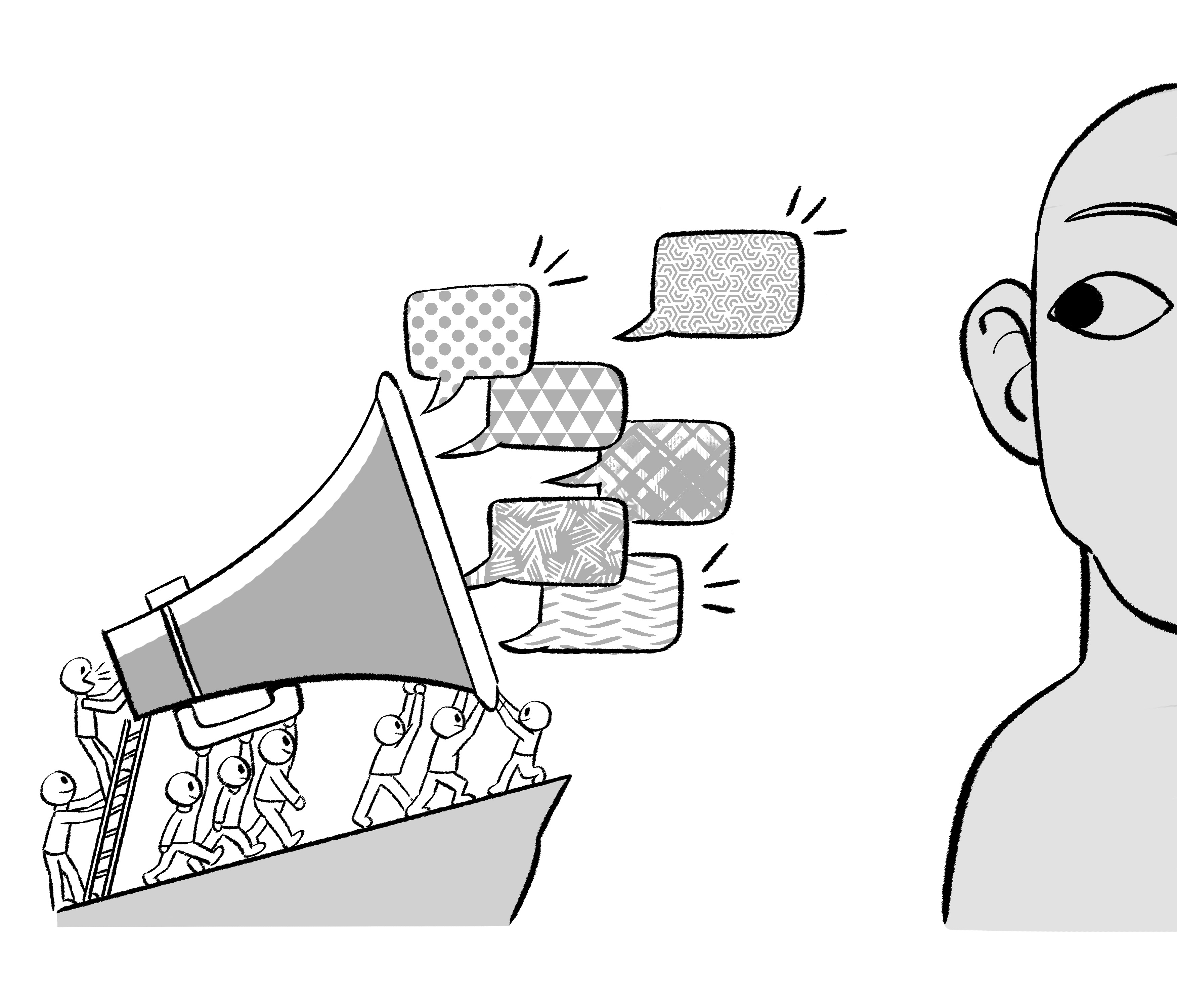OPINION: Professors’ response shows devotion to students
The brisk pace with which allegations of misconduct, mismanagement and breaches of trust rose against the administration had a once-quiet summer campus in near-constant uproar. Students protested at Hahn Plaza; parents and alumni across formal networks and online groups demanded the dismissal of key administrators and the implementation of oversight and supervising bodies.
On May 25, C. L. Max Nikias agreed to resign as USC president — the first, though hopefully not the last major step toward the creation of a transparent, trustworthy university administration. As stated by the USC community and outside stakeholders, the more than 300 sexual misconduct allegations against former health center gynecologist George Tyndall has revealed much about the administrative culture of the school’s top brass. Namely, that the protection of the safety and civil rights of students fell second to the evasion of bad press, and the inconvenience of righting such an egregious wrong.
However, it remains to be said that one key stakeholding group at the University — one with ties to the administration, one with much to lose, one whose visibility mattered — rose up in favor of student interests, on behalf of students and their safety. The 500 professors who signed a petition calling for the president’s resignation exemplified something greater, revealed something deeper: The extent to which this University’s faculty — who arguably have the greatest effect on students and their university experience — care deeply about the people they foster, mentor, and teach.
The petition came from a variety of faculty perspectives across all disciplines — tenured or not, lecturer or emeritus, associate professor or department chair. There were names with a lot to lose; there were names who had seen 40 years of graduating classes and those who had seen less than four. In a scandal that revealed how dishearteningly little USC’s senior administration cared for our sanctity and safety, this petition was perhaps a glimmer of hope for parents and students alike.
Those who know us best, who saw us most, who spend their lives facilitating and absorbing years of our growth, our joy and our struggles and our anger — those are the people who stood with us. At the faculty town hall, professors held up signs with the names of their female students. It was a reminder as deep as putting their names on that petition. Giving students presence in a meeting of stakeholders that was, at the end of the day, about student interests.
So at the end of a painful barrage of revelation and scandal, at the end of a laundry list of cover-ups and hopefully the beginning of a new day, a new era, a new culture, something hopeful remains. The student experience has always been intertwined with our relationships to faculty; the most helpful and available mentor at any university has always been the professor who cares. What we learned in this harrowing time is that there are many of those at USC.
The past couple of weeks also revealed that, moving forward, a commitment to student safety must be prioritized over the political interests of administrative organs. There was no excuse for the accusations against Tyndall to be ignored for so long, and even less for the administration’s failure to report him to the Medical Board of California once they were brought to light. But the representation of student interests in a vast and seemingly self-interested bureaucracy is impossible unless student representatives are allowed access and the student body is allowed transparency.
Considering the administration’s years-long failure on those fronts, it demonstrates the magnitude of importance that should be attributed to the faculty’s willingness to exhaust time and energy making themselves heard, especially to an administration that refuses to hear us directly.
It seems naught that anyone would contend that this did not have a meaningful impact on Nikias’ decision to resign. Though the administration’s actions were certainly egregious, and though one might argue such a petition would and should be expected, the message is still no less. All this goes to say is our professors went to bat for us; we need their support, and we deeply, deeply appreciate it.

